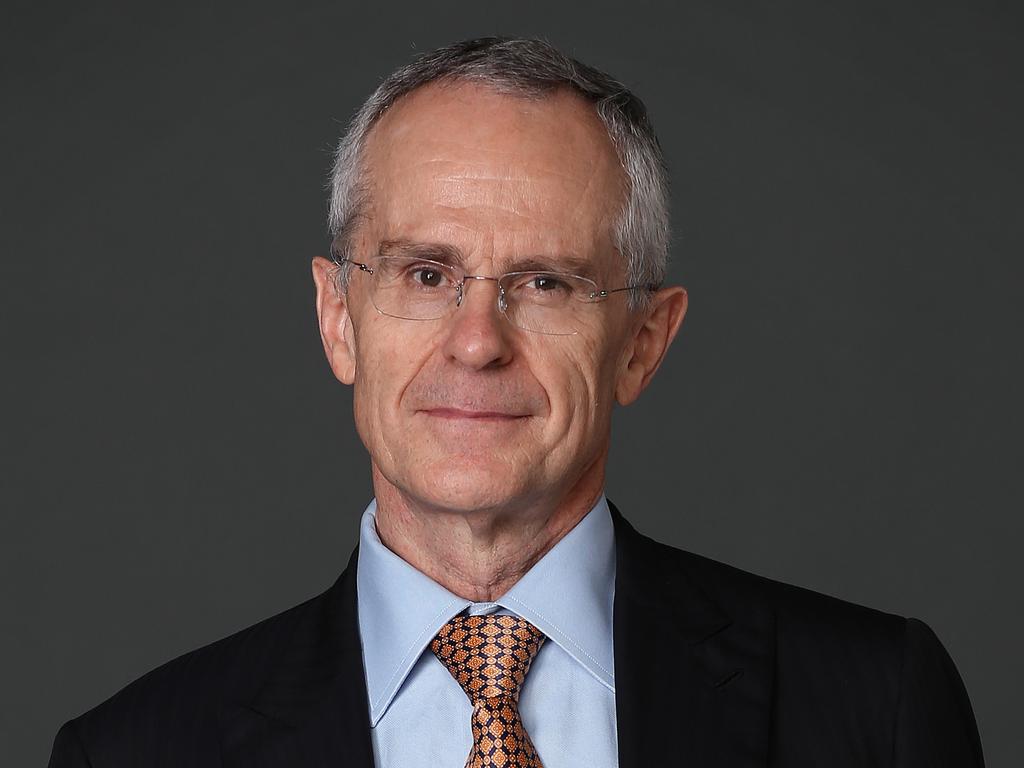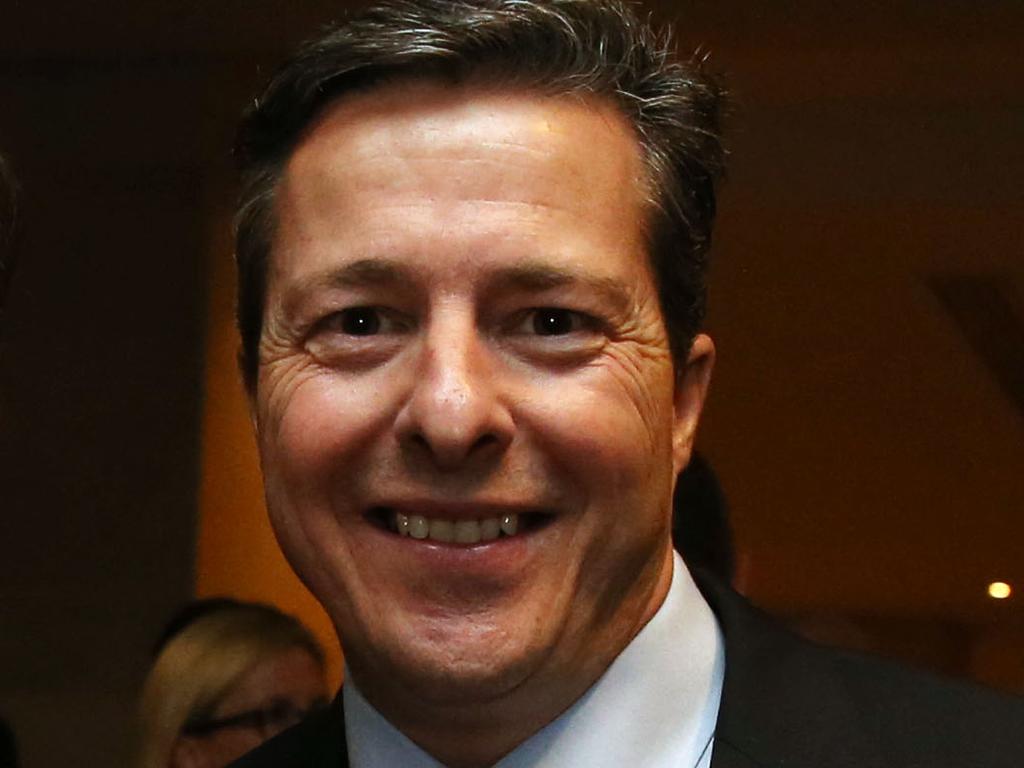
The Dusseldorf-based company is now controlled 63 per cent by US-based Expedia and rival Booking.com, which last year agreed to allow hotels to advertise lower prices than appeared on the platform websites.
Justice Mark Moshinsky will have a hearing shortly to determine the penalties after finding not only were the prices suggested by Trivago not the best, but the best prices were filtered out of its list.
Trivago had ranked hotel listings based on which offers the hotels or hotel platforms paid the highest commissions.
“Trivago’s hotel room rate rankings were based primarily on which online hotel booking sites were willing to pay Trivago the most,” ACCC chair Rod Sims said on Tuesday.
“By prominently displaying a hotel offer in ‘top position’ on its website, Trivago represented that the offer was either the cheapest available offer or had some other extra feature that made it the best offer when this was often not the case.”
In his judgement Justice Mark Moshinsky said that Trivago “engaged in conduct that was misleading and deceptive or likely to mislead or deceive”.
“Contrary to the impression created by the relevant conduct, the Trivago website did not provide an impartial, objective and transparent price comparison service,” Justice Moshinsky said.
He concluded that Trivago’s selection of the top offer which were claimed to be the cheapest available offers for a hotel, “was heavily influenced” by a commission per click, that is, the amount Trivago would be paid if a consumer clicked on the offer.
“The fact that Trivago was being paid by the Online Booking Sites was not made clear,” Justice Moshinsky added.
Sims would be delighted with the result, which highlights his campaign against comparison websites which misled customers into thinking they were getting good deals when only the web sites were actually getting a good deal.
In some cases, Trivago was comparing the price of standard and luxury room prices.
The decision is a timely warning to check the validity of comparison sites.
“We brought this case because we consider that Trivago’s conduct was particularly egregious,” Sims said.
“Many consumers may have been tricked by these price displays into thinking they were getting great discounts. In fact, Trivago wasn’t comparing apples with apples when it came to room type for these room rate comparisons.”
As often happens, once the ACCC knocked, the Trivago adjusted its behaviour by dropping claims some prices were the best on offer, but the deception was maintained.
The ruling is a good start to the year for Sims, who in the next fortnight is due to receive a formal terms of reference from Treasurer Josh Frydenberg on the promised 18-month investigation into the use of technology by the big platform companies to dominate advertising.
NAB board moves
Nearly four years ago Simon McKeon stepped down from the AMP chair with a cloud over his head because of the lack of a clear explanation on just why he stood down.
Given the obsessive secrecy around board moves, the lack of an explanation let the vacuum be filled and not all in a positive light.
The most notable being he was too hands-off as chair and not devoting enough time to the job.
If that complaint was justified, past events haven’t exactly cleared the air because on the one hand, the demise of his successor Catherine Brenner and others from the board in the wake of the Royal Commission evidence can be read from either side depending on which side of the fence you sit.
On one side, the problems reveal strong governance concerns and on the other, intractable issues that show the deep cultural concerns arguably supporting his decision to leave.
The AMP board was shown to be fractious and with its own governance concerns dating back to the McKeon era.
No matter which side of the fence you sit, the facts are, since leaving the AMP board the Rio Tinto and NAB boards have done their own due diligence and backed his appointment to their shops.
This suggests that whatever happened at AMP, NAB’s Phil Chronican and Rio Tinto’s Simon Thompson think he will be a fine addition to their clubs.
McKeon also serves as Chancellor at Monash University having also chaired MYOB and the CSIRO, and apart from an illustrious career as an investment banker at Macquarie, was also the founding boss of The Takeovers Panel.
In short, the Essendon football club tragic has an excellent background for any board.
Being on the board of a big bank right now is not the glamour post it once was and indeed many would consider it either a poisoned chalice or decidedly hard work.
McKeon has stepped into the gap and NAB’s Chronican should be well pleased.
McKeon retains a Macquarie consultancy and has an office in Macquarie space on level 23 at 101 Collins Street along with Seek’s Graham Goldsmith, former BHP executive Karen Wood, fellow NAB director and Boral chair Kathryn Fagg, Lendlease chair Michael Ullmer (a former NAB and Commonwealth Bank executive) and another former NAB executive and prominent director, Patricia Cross.
That’s a lot of NAB talent on the one floor of 101 Collins.
Big company boards often complain about the expectation gap with shareholders not understanding exactly how they come to a decision.
The public support from two chairs backs a positive view of McKeon’s past roles. It’s just a pity that the lack of a clear explanation leaves some doubt.
Fighting fire
Two of Australia’s biggest aerial bushfire fighting contractors, Kestral’s Ray Cronin and John McDermott, have cautioned against a knee-jerk reaction to future fire needs based on the early evidence of a disastrous fire season.
Sunshine Coast-based McDermott said “farmers don’t double their herds based on one season and the same applies”.
Cronin said: “You can be overactive in the middle of a battle.
“We need to study the results before jumping to conclusions,” he added.
McDermott runs the biggest fleet of big fire fighting helicopters in Australia, owning all the aircraft, whereas Cronin leases many of his in a deal with US-based Erickson.
McDermott has 25 fire fighting copters spread around the country that are diverted into other states as necessary.
He declined to say what sort of money he earned, but noted around 25 per cent was earned from offshore leases, including in Indonesia and New Caledonia.
He also supplies some craft into North America, but noted while the US will accept the helicopters, visa restrictions prevent crew from short-term visits.
The same limits are not placed on US craft coming to Australia.
McDermott said what made this season different was the fact it started in August, has extended from Queensland down into Victoria, and broke out in South Australia and WA.
Normally, the figures are separated, with the southern states tending to peak in February.
One passenger car tends to use 10 litres of fuel every 100 kilometres, but the helicopters use 550 litres an hour while they drop up to 20,000 litres of water.
Kestrel has a long-term deal with US manufacturer Erickson from which it leases the craft that are then rented out to the agencies.
The two firms are the biggest in Australia in the helicopter fire fighting game and employ a combined workforce of around 250 people.
Their operation shows, contrary to popular opinion, there is a viable fire fighting industry in Australia which does provide international operations.
When it’s not fire season, the helicopters are either sent offshore or serviced and the companies perform other services including mosquito eradication, air lifting and other so-called air applications.
Cronin sends his craft to Greece and Italy.
Aircraft are most effective when used early and on small fires, but numerous CSIRO studies have shown air and land co-ordination is cost effective.
Kestrel’s annual turnover is around $75m.
Asked if he believes in climate change, Cronin said: “You’d be mad if you didn’t – the evidence is right in front of us. The seasons are getting longer and starting earlier.”
McDermott noted: “It’s the wildlife carnage which really upsets me and I’m glad that is getting some attention this time around.”
Neither company is actually celebrating the carnage, but perversely it will be good for their bottom line.








The ACCC has won a stunning victory against hotel travel comparison site Trivago with the Federal Court ruling it was guilty of misleading and deceptive conduct for suggesting its first placed prices were the best when in fact they were simply the prices generating the highest Trivago commissions.